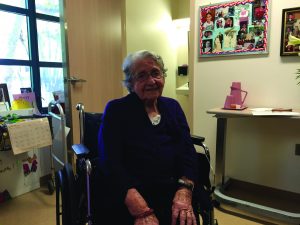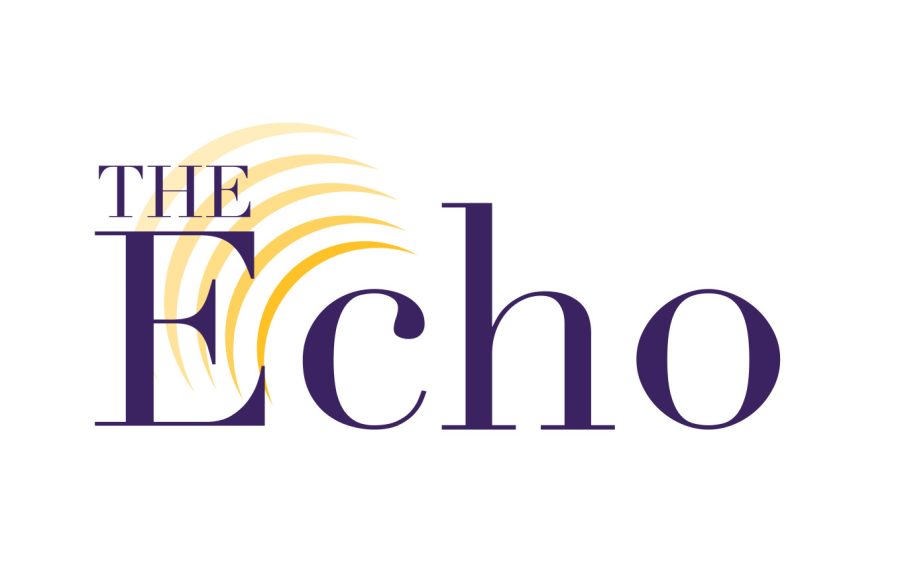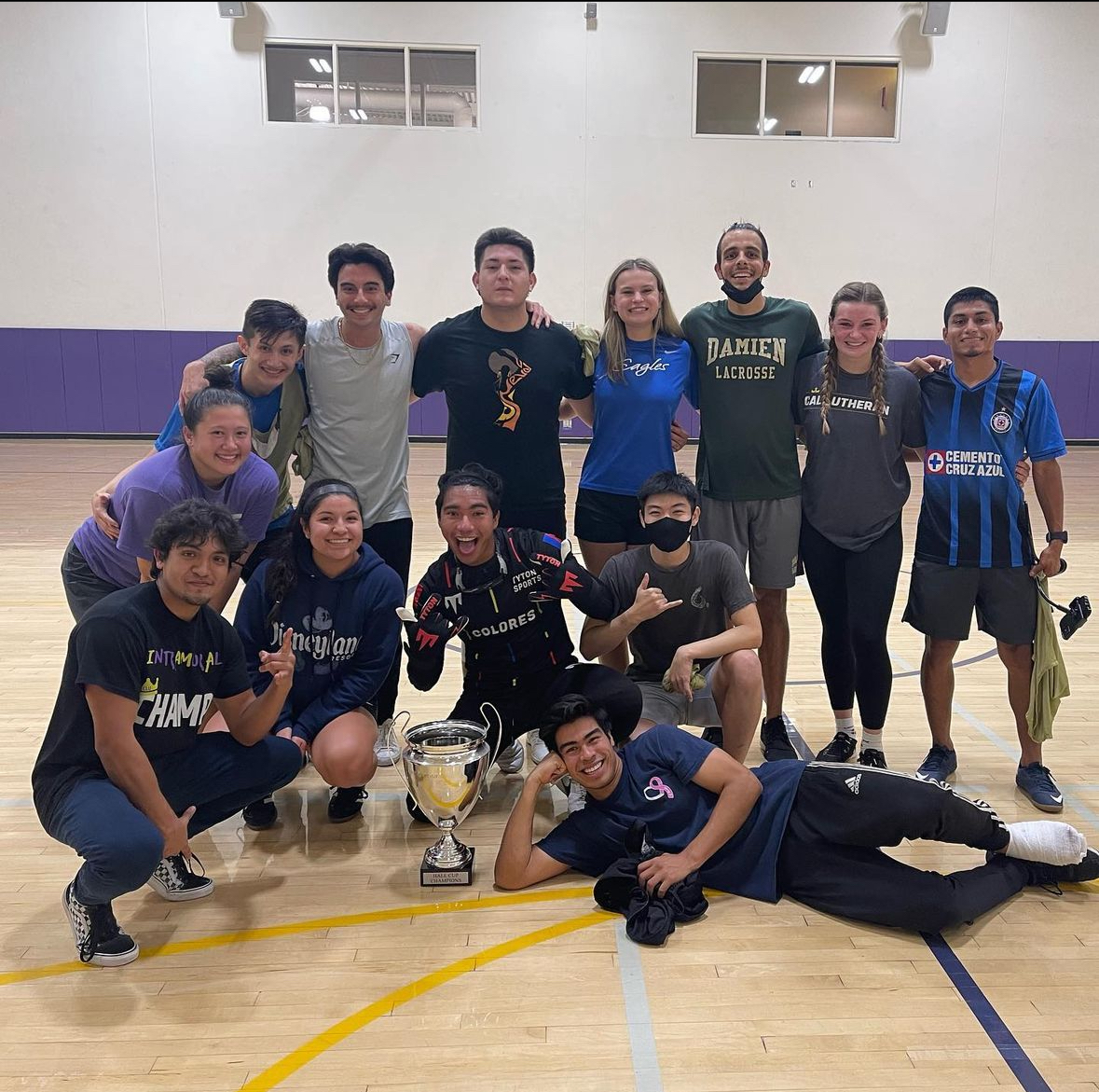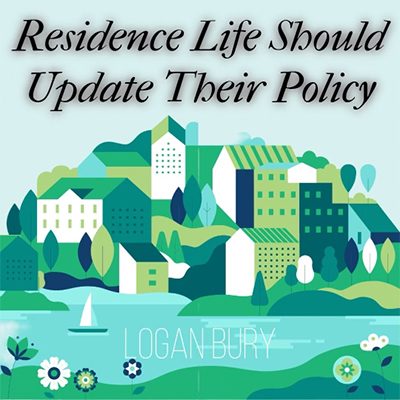April 24 will mark the 100th anniversary of the Armenian Genocide.

Also known as the first genocide of the 20th century, the massacre took place over the course of nine years and took the lives of over 1.5 million Armenians living in the Ottoman Empire.
Although the genocide is believed to have begun on April 24, 1915 when Ottoman authorities rounded up and arrested over 250 Armenian intellectuals in the city of Constantinople, it actually began in 1909.
According to armeniangenocide.org, “By April 19 [1915] more than 50,000 Armenians had been murdered in the Van province. Within nine months, more than 600,000 Armenians were massacred. Of the deported during that same period, more than 400,000 perished of the brutalities and privations of the southward march into Mesopotamia. By September more than a million Armenians were the victims of what later became known as the Armenian Genocide. A further 200,000 were forcibly converted to Islam to give Armenia a new Turkish sense of identity and strip the Armenian people of their past as the first Christian state in the world.”
Dr. Michaela Reaves, professor and chair of history at California Lutheran University said the Ottoman Empire was failing during World War I and the genocide could have ultimately been economic.
“It [the Ottoman Empire] was collapsing from the inside. A lot of it was because it was archaic in terms of how it was run and functioned.”
Yevnigue Salibian, a 101-year-old survivor of the Armenian Genocide said she remembers everything she experienced and is saddened by the atrocities that happened to the Armenian people.
“It’s very hard to believe. It’s very hard to remember it. The tears fall down from your eyes,” Salibian said.
Salibian said her whole family survived the genocide as her father was friends with the mayor of Aintab, Turkey.
“Many times, I remember, they [Turkish generals] used to knock on our door,” Salibian said. “They would say, ‘tomorrow you are going to leave’ and my father used to go to the mayor, his name was Muhammed, and say ‘please, tomorrow they’re going to come take us for deportation.’ He took care of us to stay in safety in our home.”
Salibian recalled witnessing the deportations happen.
“I used to hear many people going for deportation. Small children, old people, mothers and fathers. The children used to scream and say ‘Mama, I am hungry. Mama, I am very thirsty. I want some bread. I want some water,’” Salibian said. “They used to cry and cry, and I woud hear [it].”
Aside from deportation, Turkish officials used cruel tactics to massacre the Armenian people.
“They [Turkish officials] would do things like, how many people could you go through with one bayonet,” Reaves said.
Salibian’s great nephew, Nerses Aposhian is working hard to help raise awareness for the Armenian Genocide. Aposhian is currently the Director of Outreach and Social Media for LA2DC, a cross-country cycling and running relay marathon event to raise awarness of modern day genocides.
Aposhian said he wants people to know the hisory behind the Armenian Genocide and to educate themselves on what happened 100 years ago to 1.5 million human beings.
“I want people to know that the Armenian Genocide has created a burning passion inside the Armenian people to not only come back stronger than ever, but to ensure our history is recognized and that mass atrocities like this don’t take place again,” Aposhian said.
Pope Francis helped raise awareness by celebrating a Sunday mass to commemorate the 100th anniverssary of the Armenian Genocide. Pope Francis publicly reffered to the events that happened in 1915 as “the first genocide of the twentieth century.”
There are many vigils and walks set up in rememberance of the atrocities that happened to the Armenain people in the beginning of the 20th century. To learn more about the Armenian Genocide, or to sign up for the LA2DC Marathon, go to www.la2dc.org.
Natalie Kalamdaryan
Staff Writer
Published April 22nd, 2015







